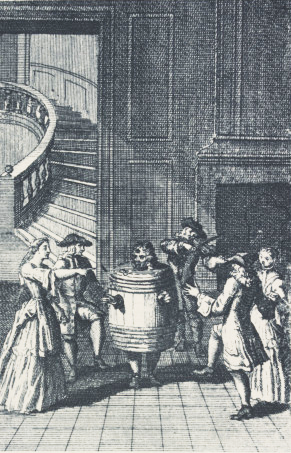
Restoration comedy is English comedy written and performed in the Restoration period of 1660–1710. Comedy of manners is used as a synonym for this. After public stage performances were banned for 18 years by the Puritan regime, reopening of the theatres in 1660 marked a renaissance of English drama. Sexually explicit language was encouraged by King Charles II (1660–1685) personally and by the rakish style of his court. Historian George Norman Clark argues:
The best-known fact about the Restoration drama is that it is immoral. The dramatists did not criticize the accepted morality about gambling, drink, love, and pleasure generally, or try, like the dramatists of our own time, to work out their own view of character and conduct. What they did was, according to their respective inclinations, to mock at all restraints. Some were gross, others delicately improper.... The dramatists did not merely say anything they liked: they also intended to glory in it and to shock those who did not like it.

David Garrick was an English actor, playwright, theatre manager and producer who influenced nearly all aspects of European theatrical practice throughout the 18th century, and was a pupil and friend of Samuel Johnson. He appeared in several amateur theatricals, and with his appearance in the title role of Shakespeare's Richard III, audiences and managers began to take notice.

The Country Wife is a Restoration comedy written by William Wycherley and first performed in 1675. A product of the tolerant early Restoration period, the play reflects an aristocratic and anti-Puritan ideology, and was controversial for its sexual explicitness even in its own time. The title contains a lewd pun with regard to the first syllable of "country". It is based on several plays by Molière, with added features that 1670s London audiences demanded: colloquial prose dialogue in place of Molière's verse, a complicated, fast-paced plot tangle, and many sex jokes. It turns on two indelicate plot devices: a rake's trick of pretending impotence to safely have clandestine affairs with married women, and the arrival in London of an inexperienced young "country wife", with her discovery of the joys of town life, especially the fascinating London men. The implied condition the Rake, Horner, claimed to suffer from was, he said, contracted in France whilst "dealing with common women". The only cure was to have a surgeon drastically reduce the extent of his manly stature; therefore, he could be no threat to any man's wife.

Susannah Maria Cibber was a celebrated English singer and actress. She was the sister of the composer Thomas Arne. Although she began her career as a soprano, her voice lowered in the early part of her career to that of a true contralto. She was universally admired for her ability to move her audiences emotionally both as an actress and vocalist. Possessing a sweet, expressive, and agile singing voice with a wide vocal range, Cibber was an immensely popular singer, even if at times her voice was criticized for a lack of polished technique. Charles Burney wrote of her singing that "by a natural pathos, and perfect conception of the words, she often penetrated the heart, when others, with infinitely greater voice and skill, could only reach the ear." Cibber was particularly admired by Handel, who wrote numerous parts especially for her including the contralto arias in his 1741 oratorio Messiah, the role of Micah in Samson, the role of Lichas in Hercules and the role of David in Saul among others. In the mid-1730s she began appearing in plays in addition to appearing in operas and oratorios. She became the greatest dramatic actress of the eighteenth-century London stage and at the time of her death was the highest-paid actress in England.
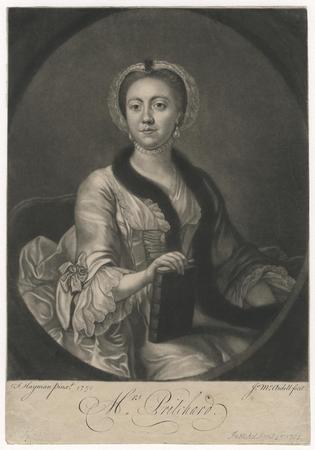
Hannah Pritchard was an English actress who regularly played opposite David Garrick. She performed many significant Shakespearean roles and created on stage many important female roles by contemporary playwrights.
The Country Girl is a 1915 American short silent romantic comedy-drama film starring Florence La Badie and directed by Frederic Richard Sullivan. The film is based on David Garrick's 1766 play The Country Girl.
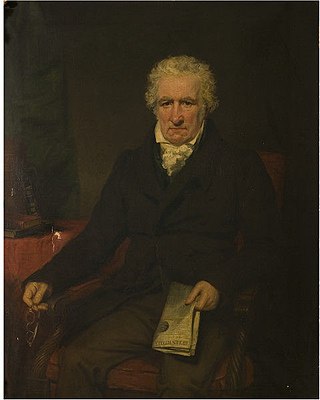
John Bell (1745–1831) was an English publisher. Originally a bookseller and printer, he also innovated in typography, commissioning an influential typeface that omitted the long s. He drew the reading public to better literature by ordering attractive art to accompany the printed work.

Sullivan was a three-act comedy by Anne-Honoré-Joseph Duveyrier de Mélésville, based on the short story Garrick Médecin. It was first played at Paris, in the Théâtre-Français, November 11, 1852. The original cast are:

Richard Yates was an English comic actor, who worked at the Haymarket Theatre and Drury Lane among others, appearing in David Garrick's King Lear. He also worked in theatre management, and set up the New Theatre in Birmingham in 1773. Both his first wife, Elizabeth Mary and Mary Anne Graham were actresses.
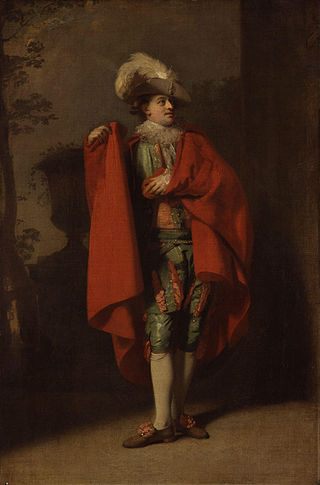
John Palmer was an actor on the English stage in the eighteenth century. There was also another John Palmer (1728–1768) who was known as Gentleman Palmer. Richard Brinsley Sheridan nicknamed him Plausible Jack.

John Bannister was an English actor and theatre manager. The principal source for his life are his own Memoirs, and as a leading performer his career is well documented.

John Henderson (1747–1785) was an English actor who played many Shakespearean and other roles. He first acted in Bath, where he was known as "The Bath Roscius", and then in London. Had he not died young he would have been remembered as a worthy successor to David Garrick.

Thomas King (1730–1805) was an English actor, known also as a theatre manager and dramatist.
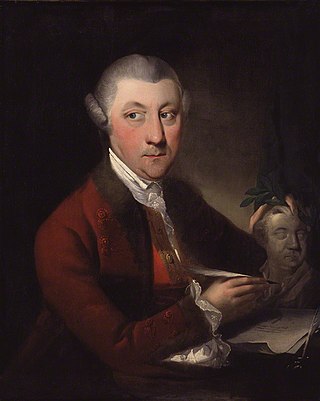
Thomas Hull (1728–1808) was an English actor and dramatist.

James William Dodd (1740?–1796) was an English actor, one of David Garrick's picked company.

Thomas Walker (1698–1744) was an English actor and dramatist.
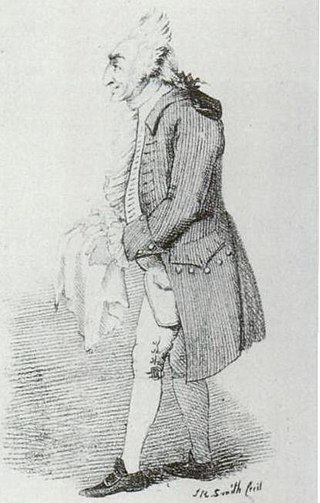
William Twaits was a British singer, dancer and actor-manager whose career was mostly in the United States in the early 19th-century.
Samuel Cautherley (c.1747–1805) was a British stage actor. His surname is sometimes spelt as Cautherly.
Mary Willis was a British stage actress of the eighteenth century.
Elizabeth James was an English stage actress of the seventeenth century. She was a member of the King's Company, based at the Theatre Royal, Drury Lane. Several of her known performances were in the premieres of work by John Dryden. She also featured in the debut of William Wycherley's The Country Wife in 1675. Her last known stage role was in 1676, although it appears she was still in the public eye more than a decade later.
















